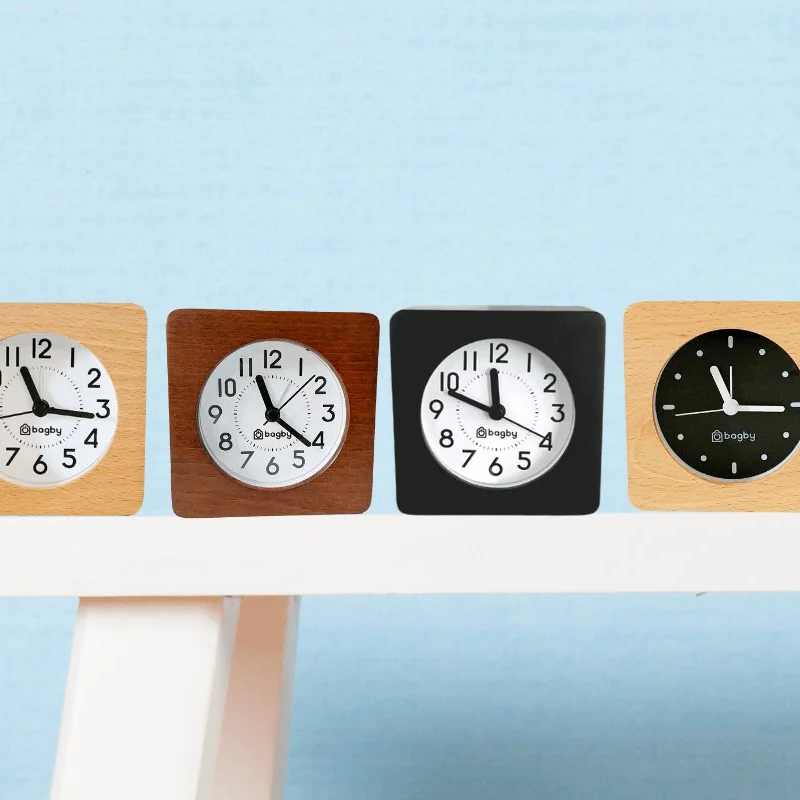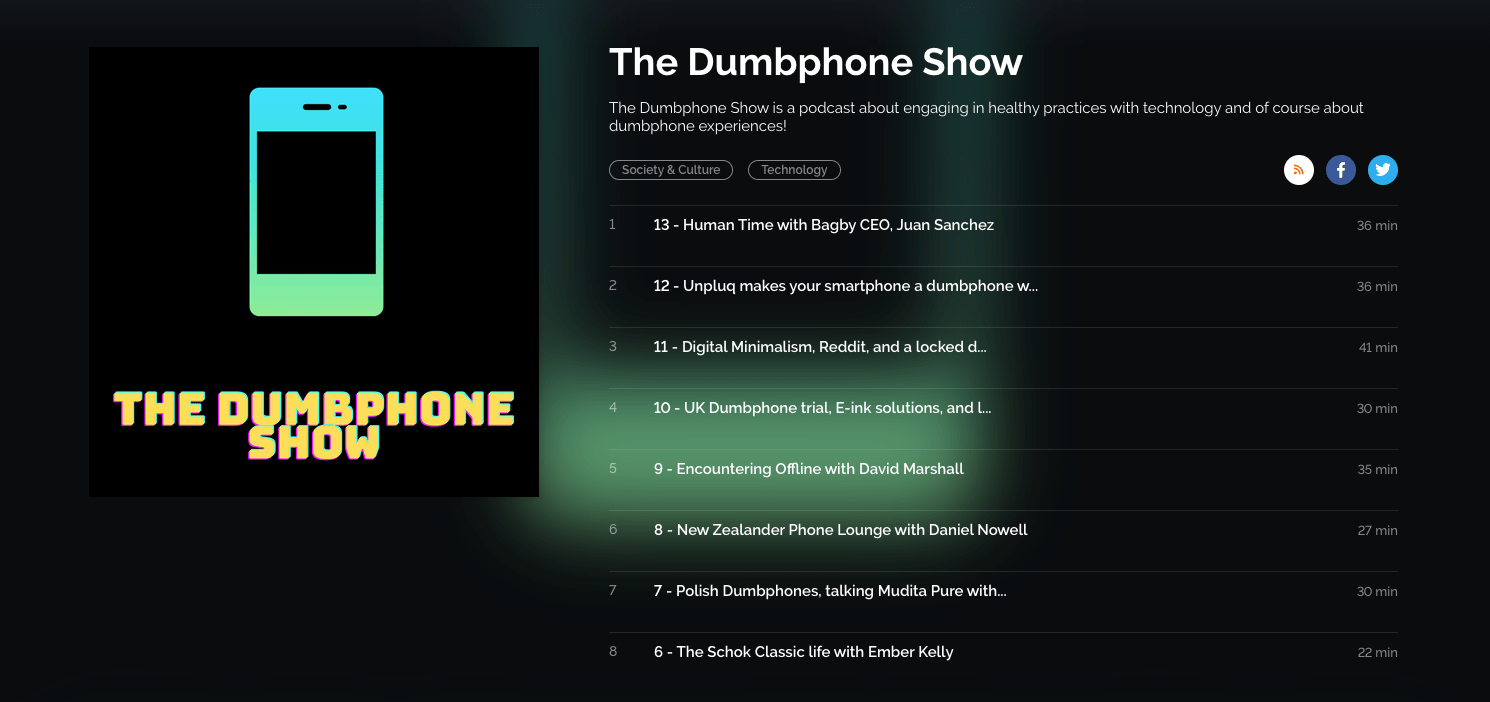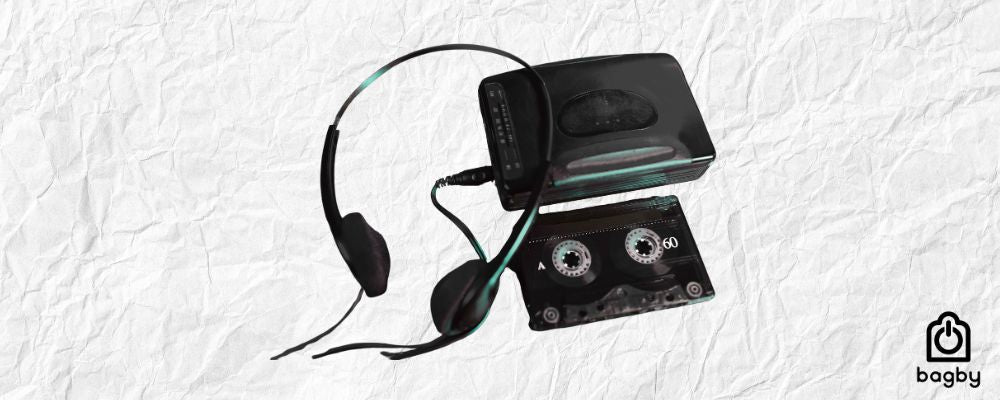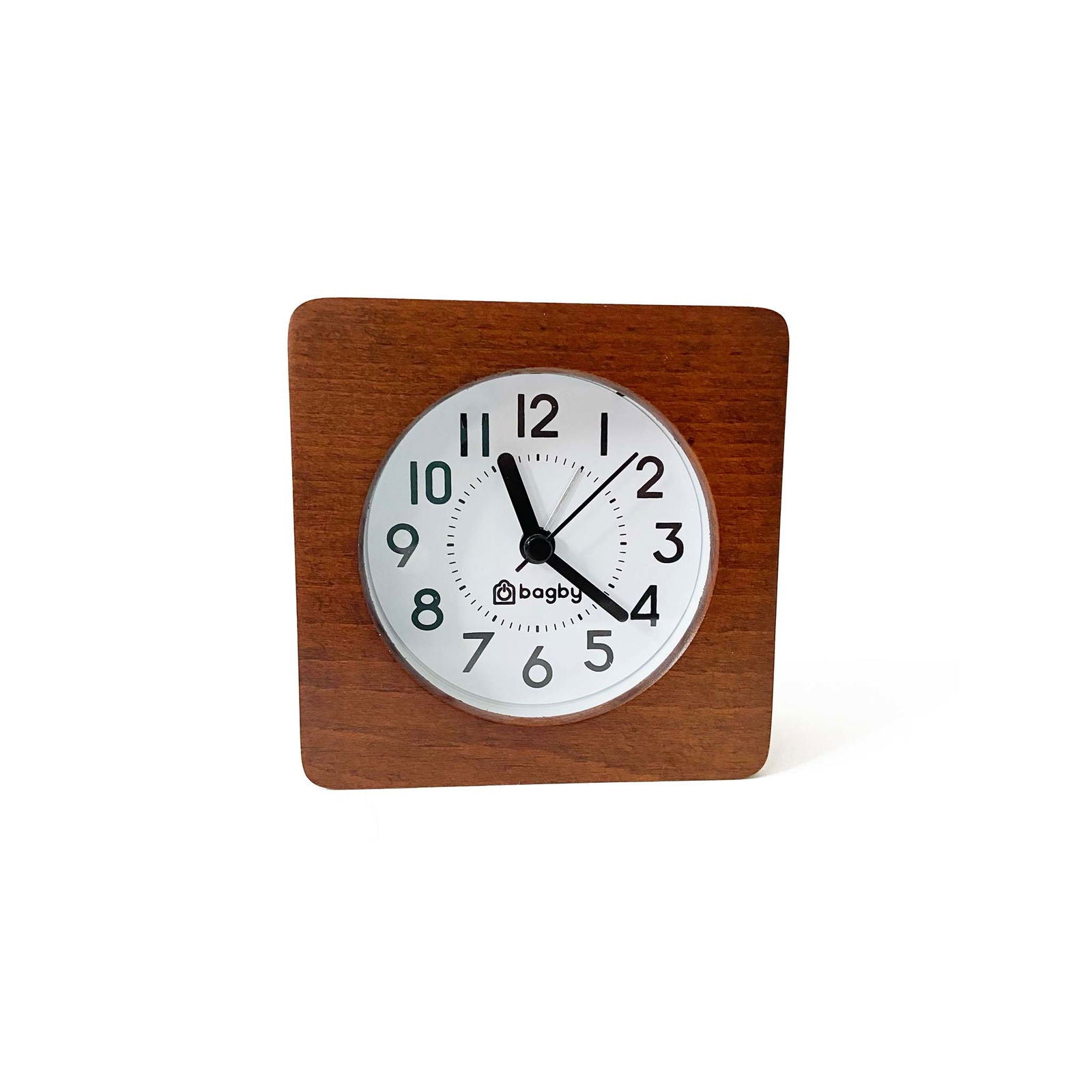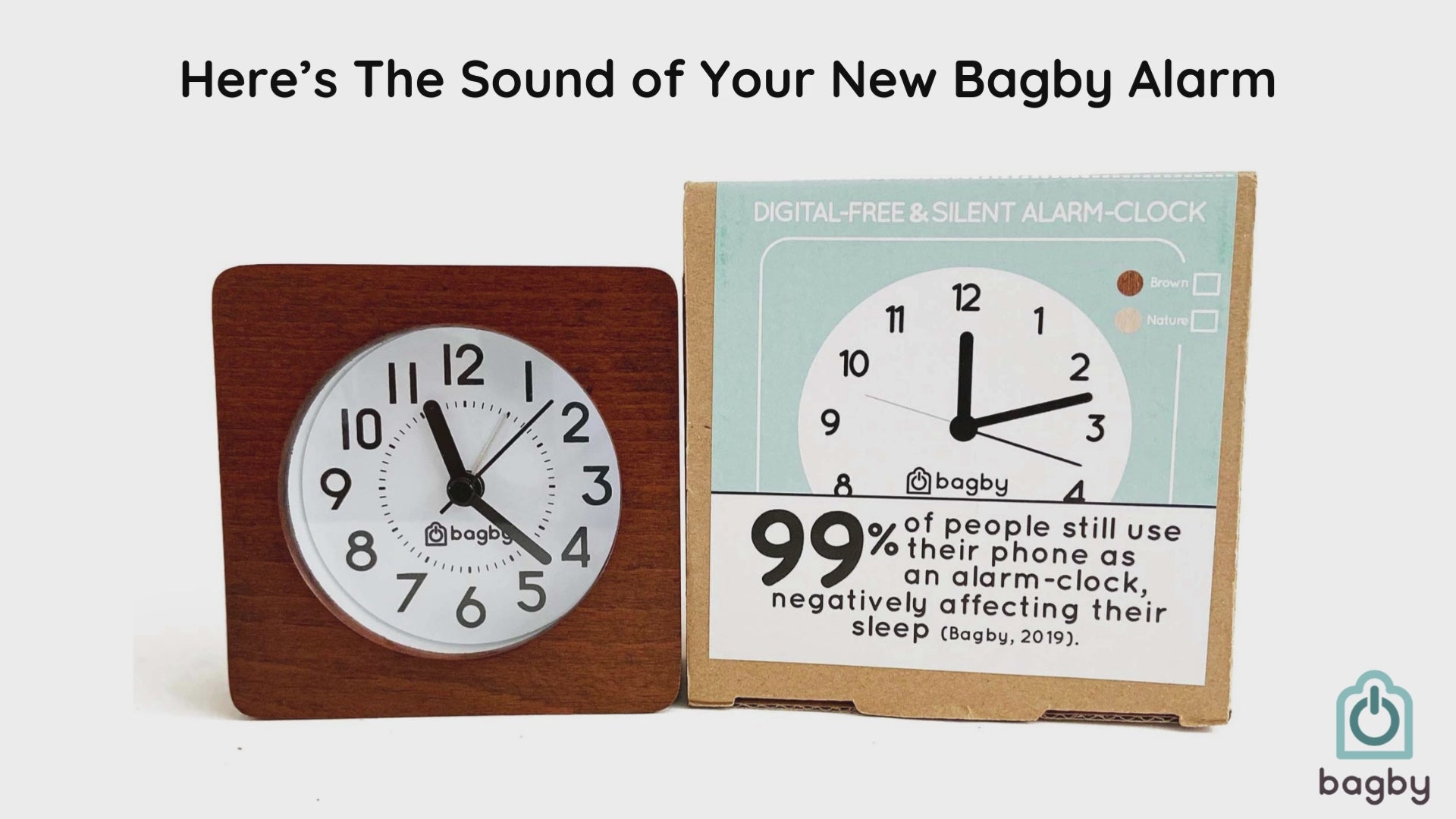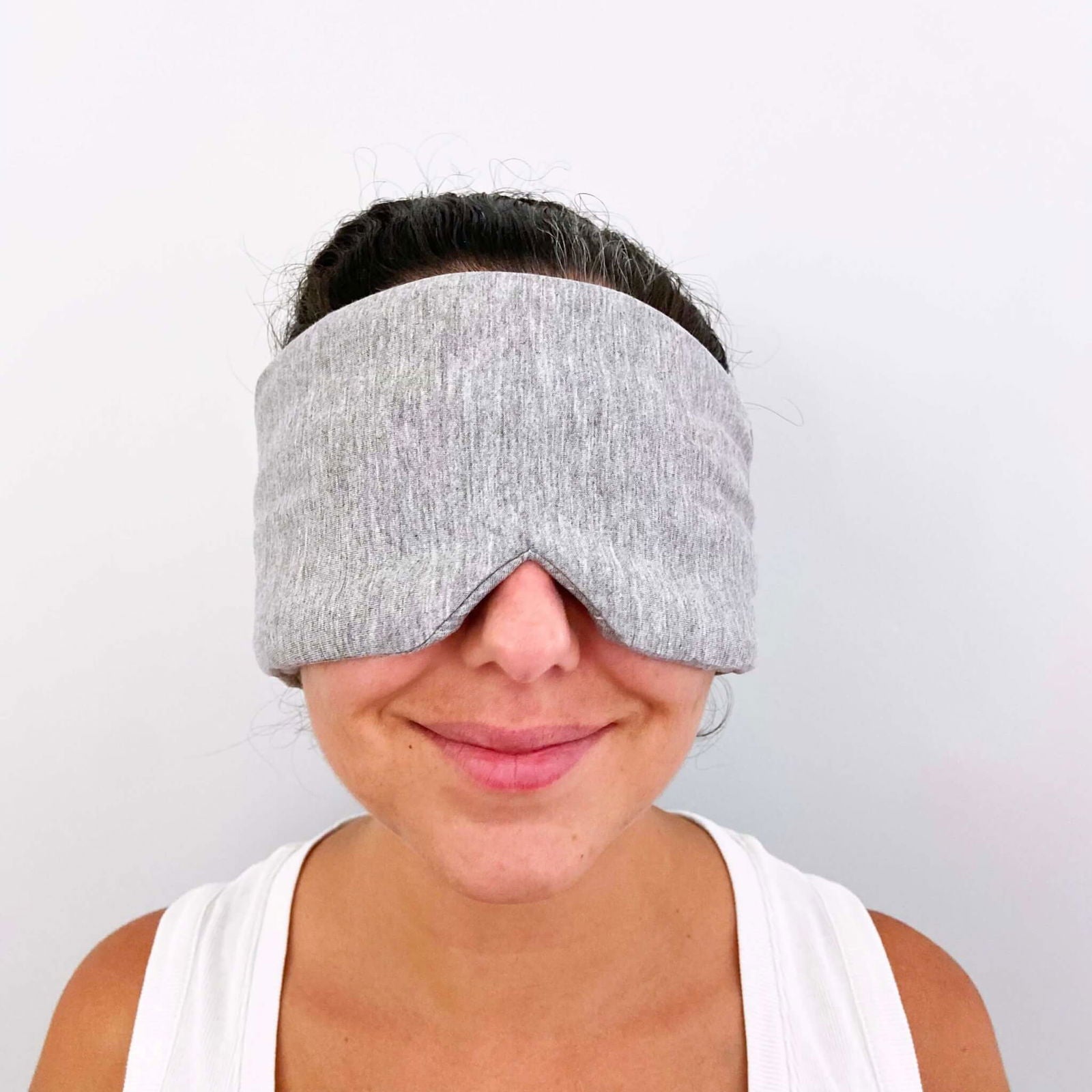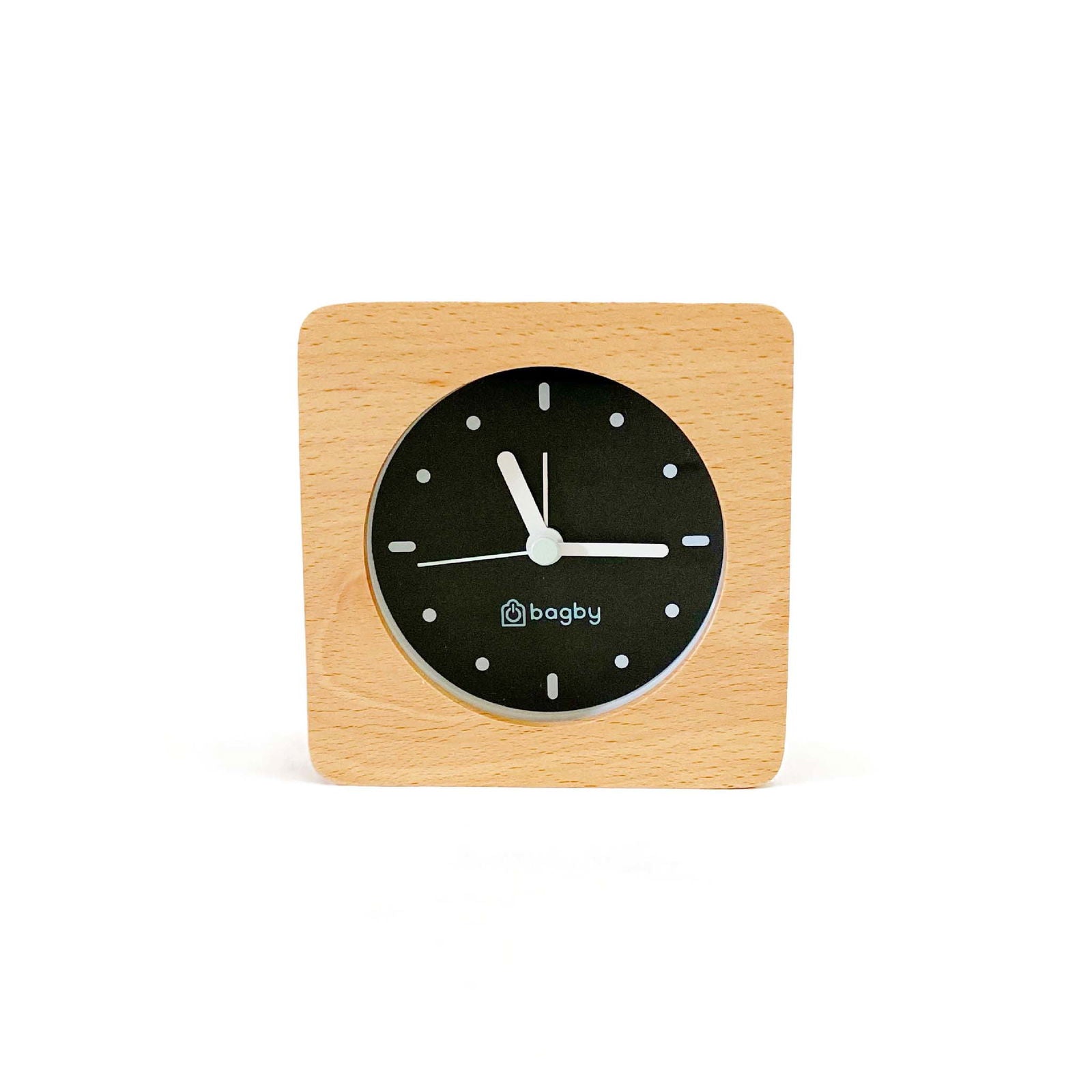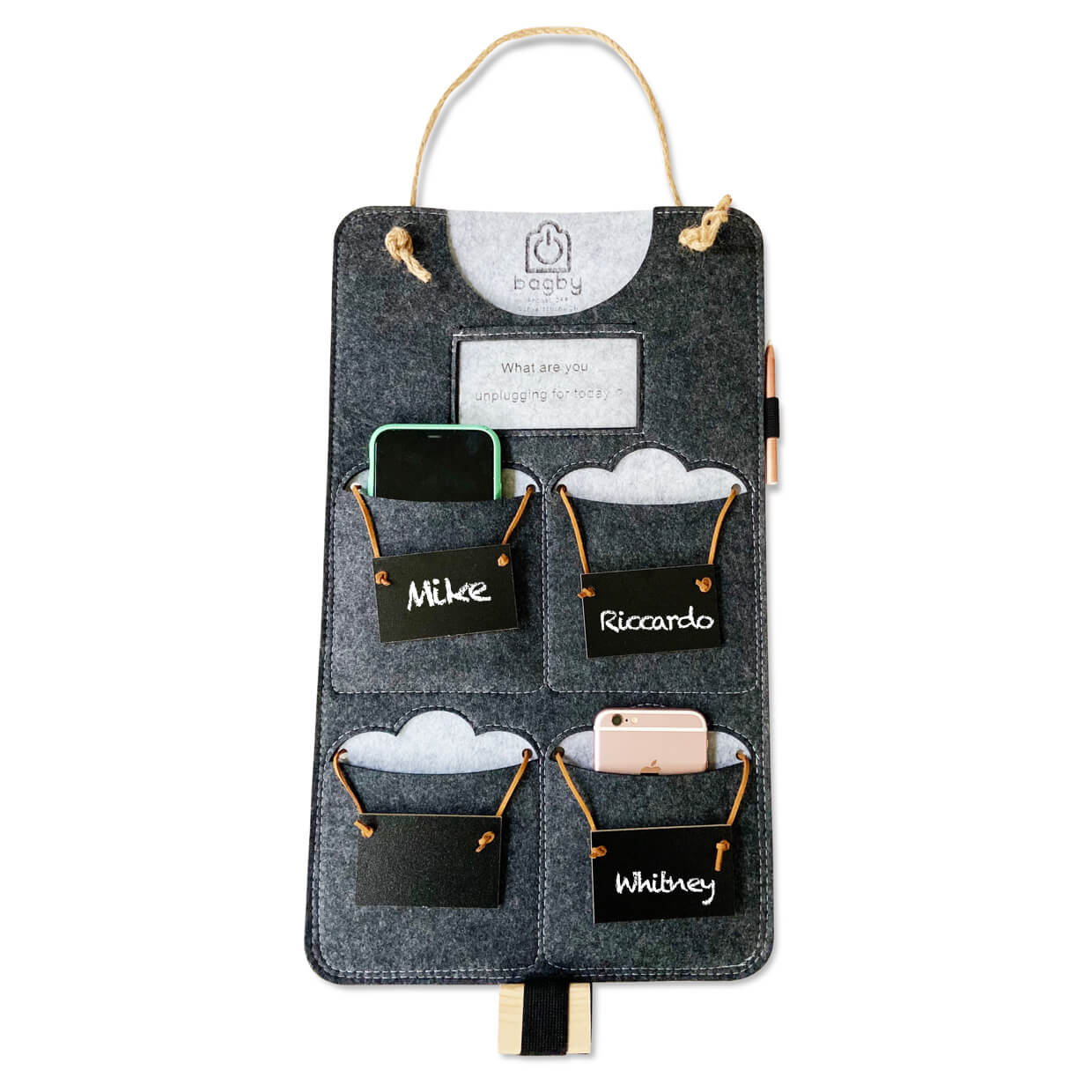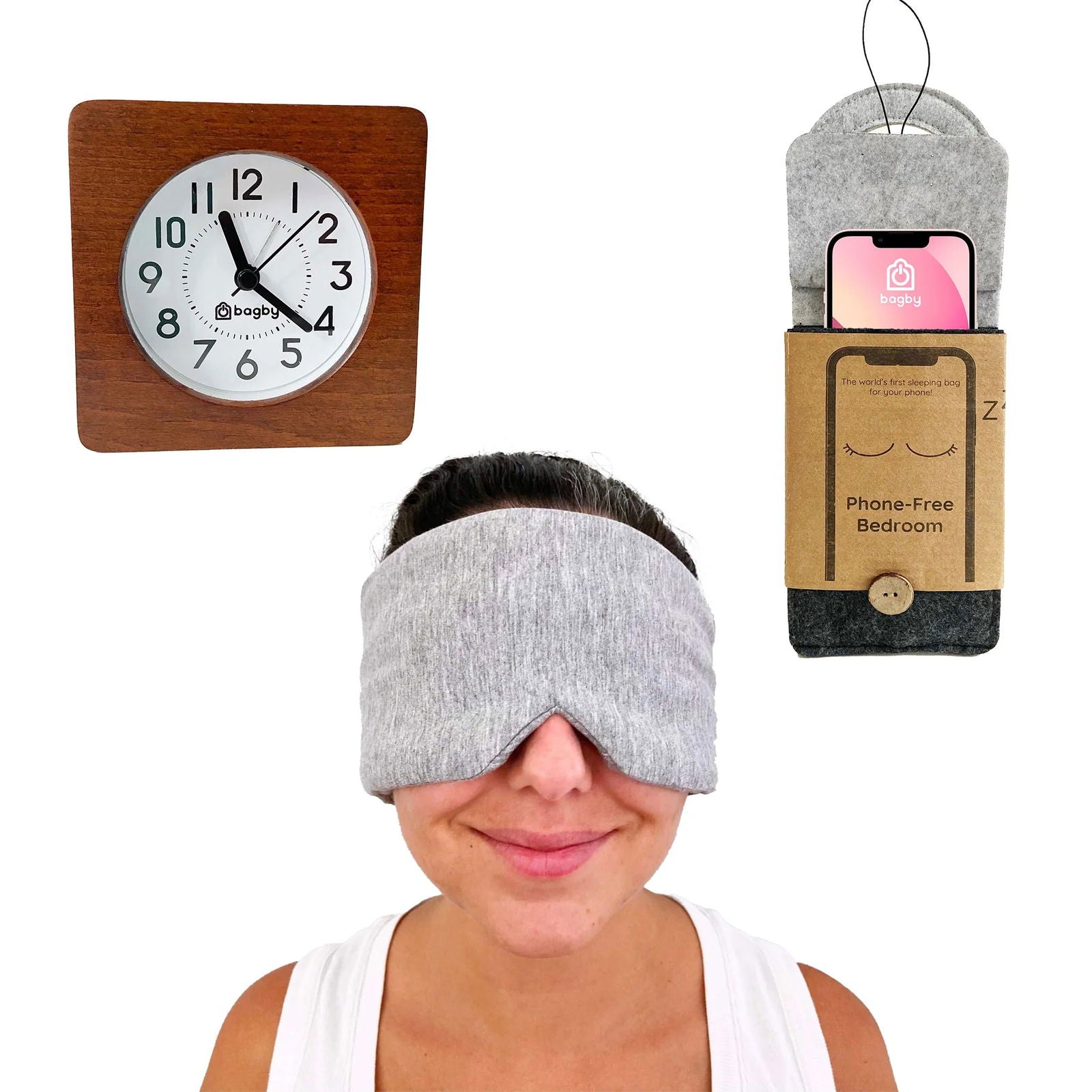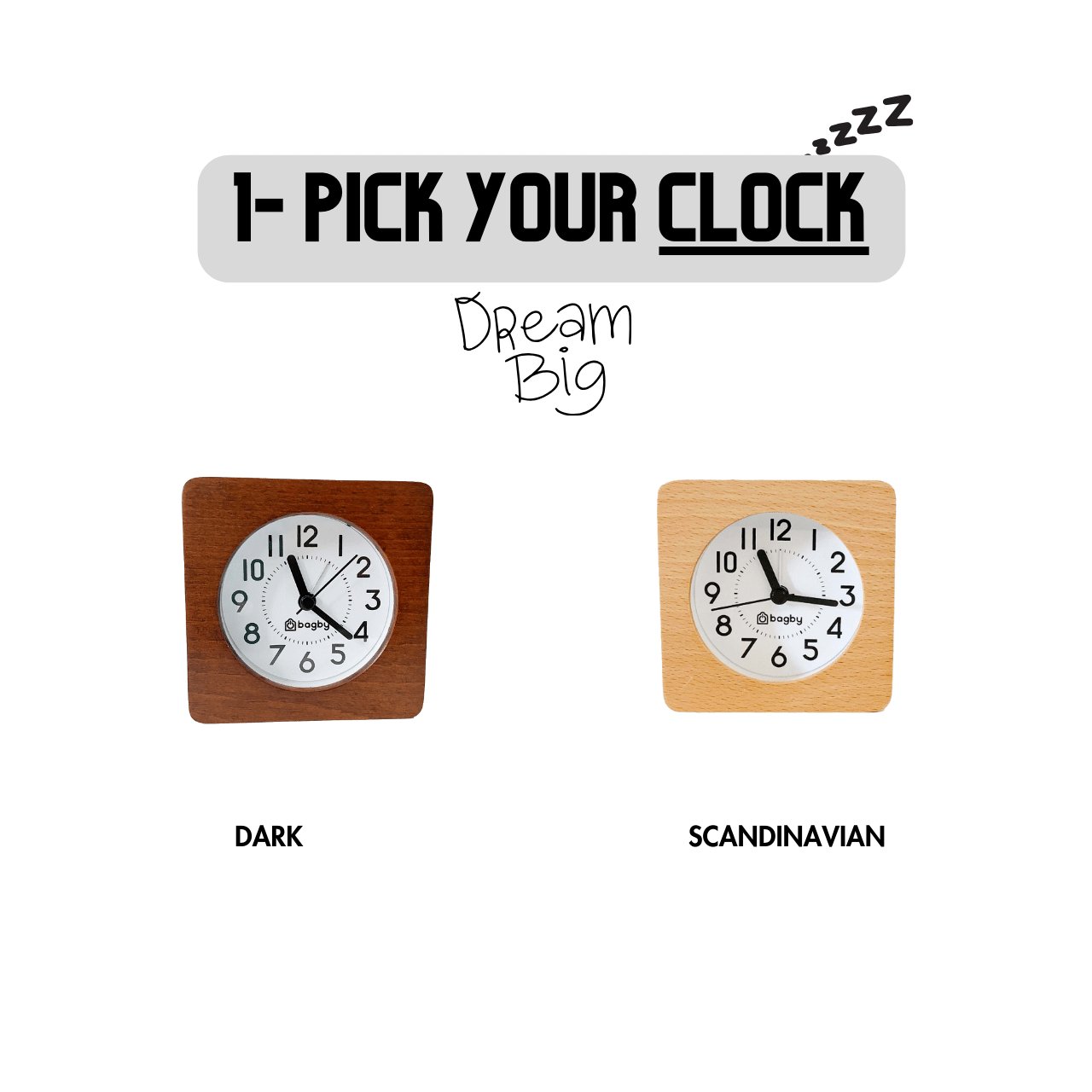Let’s face it: we’re obsessed with tracking ourselves. The desire to track numerous aspects of our daily lives dates from the ancient Greeks, who tracked their daily inventory of activities such as eating, exercise, and social interactions. However, our current technological-driven world has created a culture that depends on self-tracking. This is NOT natural—we were never meant to track every little aspect of our lives.
![]()
“Repeatedly checking social media for online interactions still activates the brain’s reward system,” says neuroscientist Dar Meshi “in a PBS article. Meshi states: “‘We’re hardwired to find social interactions rewarding.’” In fact, “when we get a notification that one of our social media posts has received some type of interaction…it’s uplifting.” Indeed, we want to feel worthy, and sometimes it feels like one of the primary purposes of posting on social media is to attain likes or gain attraction. The instant gratification of self-tracking may give us pleasure and boost our self-esteem, yet the high we feel is only temporary. Nevertheless, we continue to monitor ourselves.
![]()
Tech companies know that we are inherently competitive and are aware that we gain pleasure from positive online interactions. Our apps are gamified—they’re intended for us to easily track, compete, and compare ourselves with others. With the launch of technologies like the Fitbit and other fitness apps (MyFitnessPal, RunKeeper, Strava, etc.), we are able to see our friends’ fitness habits and activities, which often drives us to want to out-step, out-run, or out-walk them. We want our photos to have more likes. We want to have more followers. We’re constantly comparing ourselves to others. These numbers have been designed to mean something to us. We create a reality for ourselves based on data collection, and the data helps to inform the essence of our being. The sociologist Jenny Davis in her article titled “The Qualified Self” asserts that people who habitually track themselves “don't just collect data to learn about themselves, but also use data to construct the stories that they tell themselves about themselves.”

Source: JAMES WORRELL/STUDIO D
According to journalist Adriana Barton in her article in The Globe and Mail, “Self-tracking holds a certain navel-gazing appeal, combined with the tantalizing prospect of self-improvement.” This emphasis on individualism is unhealthy and the constant obsession we have with improving ourselves does not serve us well. We continue to track ourselves only to feel disappointed if we don’t reach our goals. We compare ourselves to the “success” of others. Our self-esteem and mental wellbeing are bound to suffer in the culture of competition and comparison we now are immersed in. Our obsession with tracking often causes us to lose sight of our end goal because we focus on the meaninglessness of the number.
So, how can we overcome this? Gary Wolf says that “For many self-trackers, the goal is unknown. Although they may take up tracking with a specific question in mind, they continue because they believe their numbers hold secrets that they can’t afford to ignore, including answers to questions they have not yet thought to ask” in his New York Times Magazine piece. This is undoubtedly true. We track ourselves in order to respond to unknown questions that arise within ourselves and sometimes, we think the numbers and data can answer some of these queries. But maybe it’s time for us to get better in touch with ourselves and figure out what goals are meaningful and worth measuring for us. This process takes a great deal of self-reflection, but it is essential. We need to learn how to be self-compassionate and not chastise ourselves when we feel like we aren’t succeeding in what we set out to do. Let’s reframe things and not intentionally track every minute aspect of our lives and compete with others. It’s sure to make us happier and improve our self-esteem when we achieve small victories.
Need more proof? Here are some interesting articles on how to quit your Fitbit for good.
My FitBit addiction was driving me crazy - Business Insider
Why I broke with My Fitbit - Hello Spoonfull
Author: Rebecca Cohen-Lindfors
Social Lead Impact at Bagby.co


